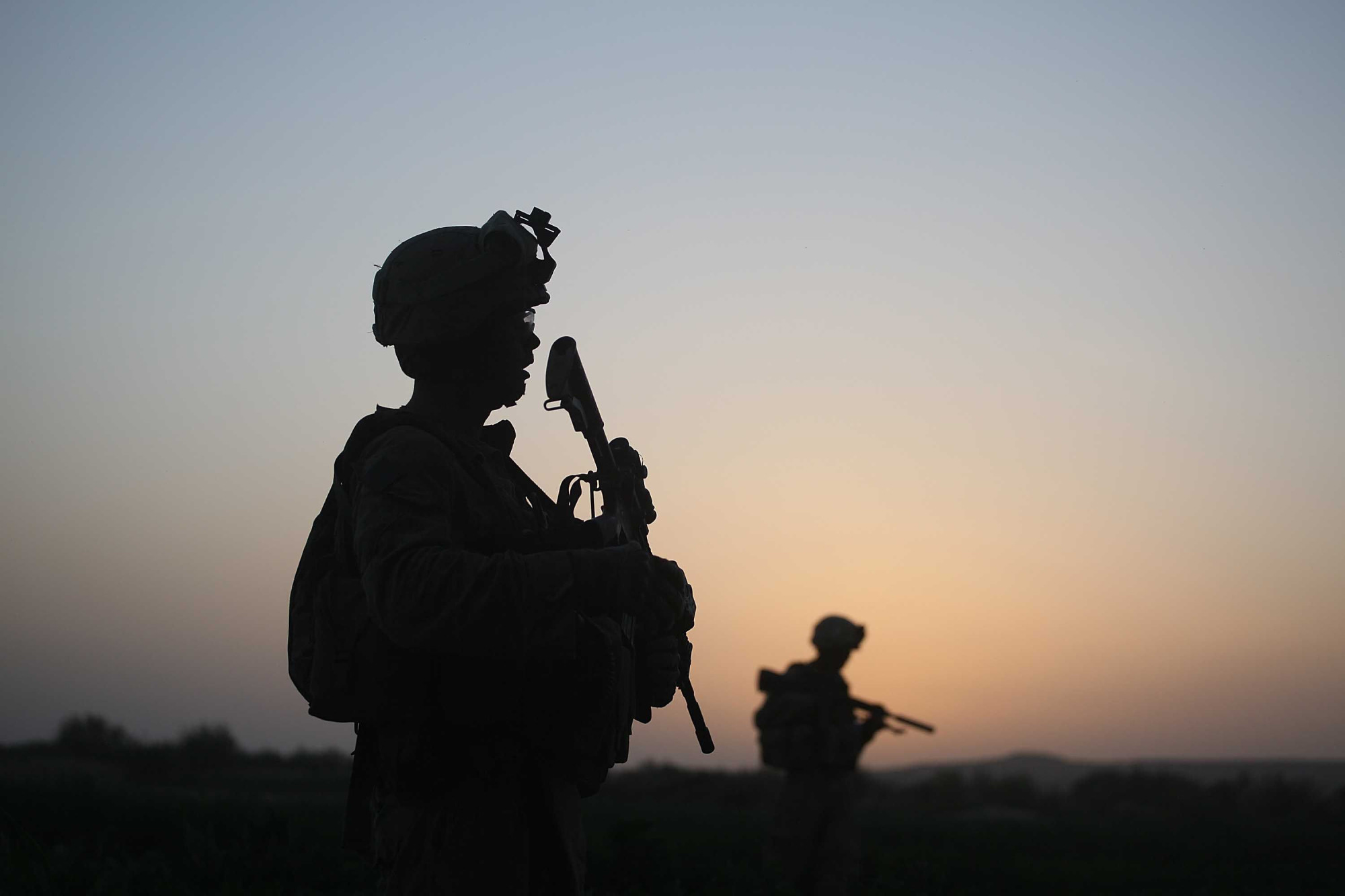Is America's two-decade war in Afghanistan a tragedy or a crime? A recent series in The Washington Post contends that it is more the latter than the former. For years, the argument goes, U.S. officials systematically lied regarding the prospects for success, while blithely downplaying the corruption and dependency American intervention fostered. The title of this series — "The Afghanistan Papers" — is meant, clearly, to echo the Vietnam-era Pentagon Papers. It implies that we should see this conflict, like Vietnam, as a misbegotten war fought in the service of illusions and lies.
Yet this is the wrong way to view the war in Afghanistan — and think about the choices America still faces. Afghanistan is best seen not as a morality play but as a classic foreign policy dilemma in which all the options are bad ones.
For starters, the fact that the war is not going well — in the sense that the Afghan government is not close to standing on its own — has been obvious for years. Yes, U.S. officials have sometimes downplayed the negatives and highlighted the positives, and there have always been professional incentives for American soldiers and civilians to tell a story of progress rather than despair. Yet Afghanistan is not Vietnam, where policymakers argued — and most Americans believed — that they were close to victory right up until the Tet Offensive in 1968.



